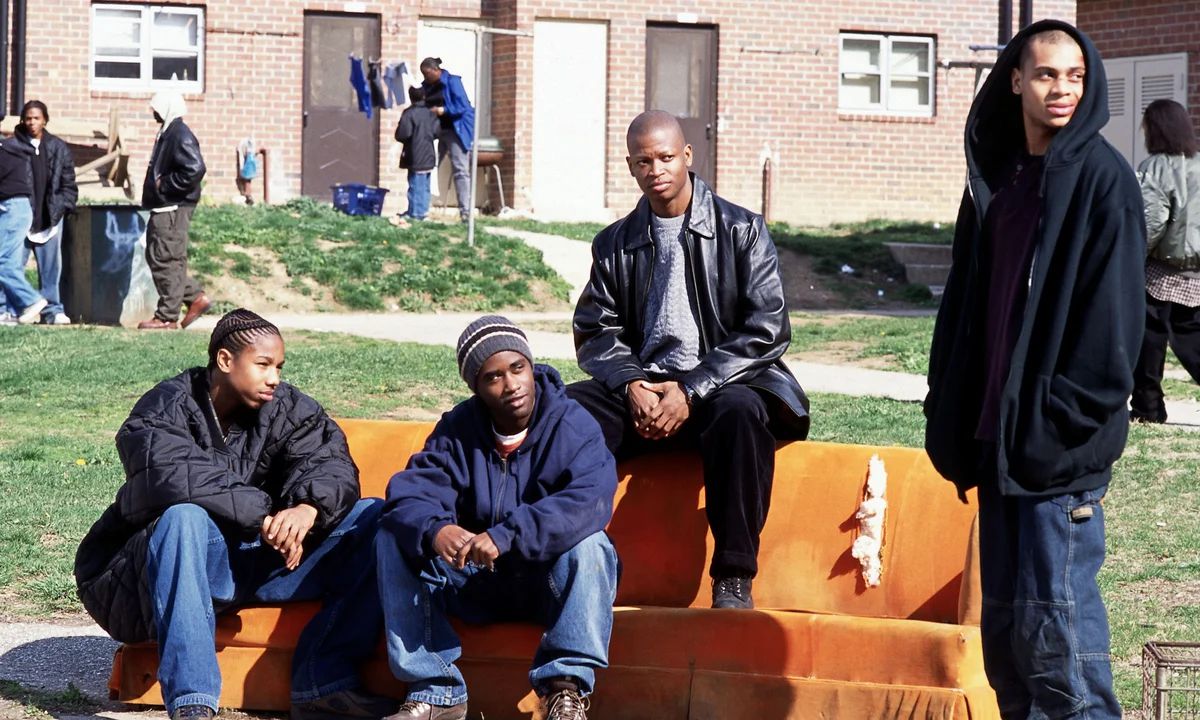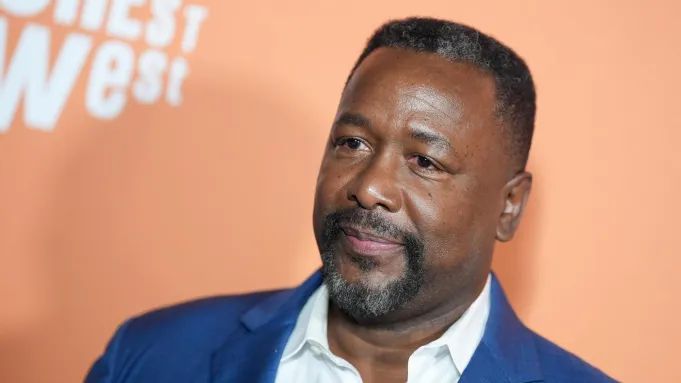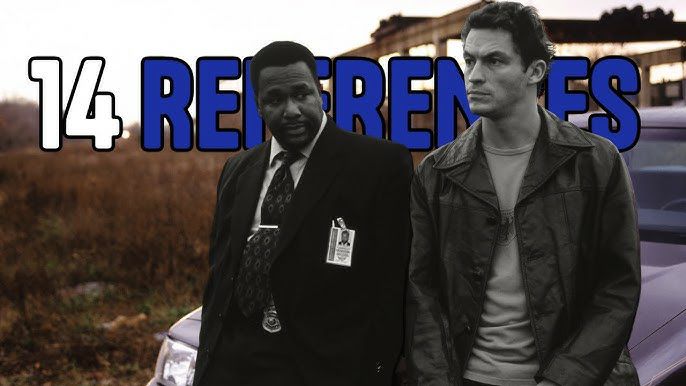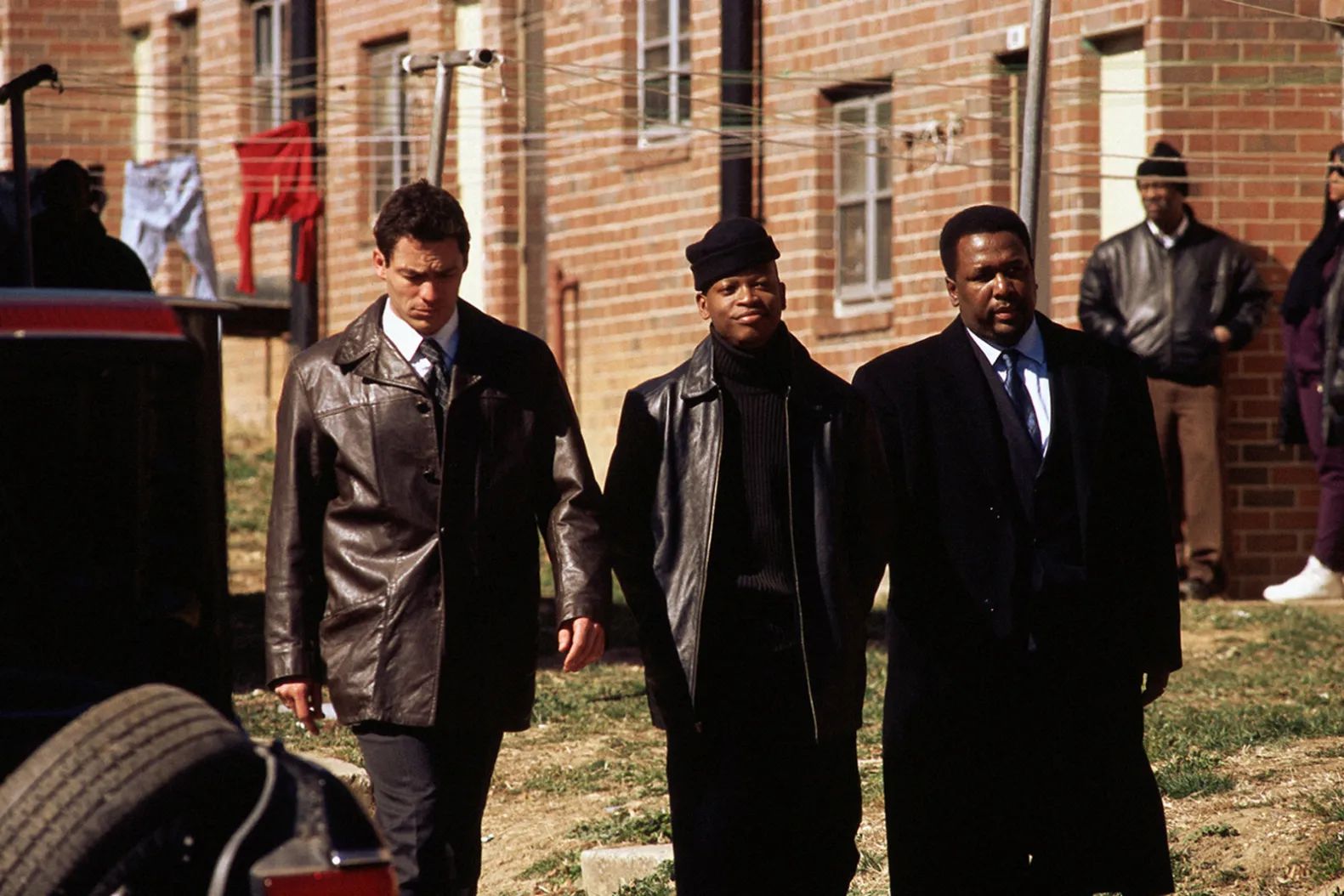🕯️ “The dead don’t haunt Baltimore — they run it.”
Two decades after redefining television, The Wire returns with Season 6, a revival that feels less like a continuation and more like a reckoning.
Baltimore has changed — the skyline is sharper, the technology smarter, but the system? Still broken. And beneath the city’s rhythm, the same ghosts hum — the echoes of D’Angelo, Omar, Stringer, and Wallace.

This season is not about nostalgia — it’s about unfinished business.
⚖️ The Return of the Lost and the Reckoning of the Living
Dominic West returns as Detective Jimmy McNulty, now a man haunted more by memory than by crime.
Gone are the reckless investigations — replaced by quiet guilt and the hollow ring of what might have been. But when a body surfaces in a case that defies logic, McNulty is pulled back into the web, only to face the unthinkable:
Wallace (Michael B. Jordan) is alive.
Not a ghost. Not a flashback. Alive — older, wiser, and carrying a moral clarity that McNulty lost years ago.
Wallace’s reappearance becomes the soul of the season — a mirror reflecting what the system destroyed and what it could still redeem.
His presence reshapes the city’s balance, forcing everyone — cops, dealers, and politicians alike — to confront their own survival stories.
🔥 Baltimore Reimagined — Power, Politics, and Pain

The Wire: Season 6 doesn’t just resurrect its characters; it resurrects the conversation about power and legacy.
Mahershala Ali joins the cast as a reform-minded mayor who once walked the same corners as the fallen soldiers of Season 1. His leadership is idealistic — and dangerously naive — in a city where truth is currency and loyalty is poison.
Meanwhile, Idris Elba’s ghostly legacy as Stringer Bell lingers in every frame. The show doesn’t erase him — it invokes him.
Through flashbacks and memories, we see what happens when ambition outlives the man. The city remembers. The streets remember.
A Study of Resurrection and Reconciliation
If the original Wire was about systems collapsing, Season 6 is about what rises from their ashes.
It’s a meditation on what justice means when everyone is complicit — and what redemption costs when you’ve already sold your soul.
Every conversation feels like a confession.
Every crime scene, a sermon.
Every street corner, a memorial.
And in true Wire fashion, no one escapes clean — not the cops, not the dealers, not the journalists trying to rewrite the truth.
🎥 Visceral, Grieving, and Utterly Masterful

Early reviews from select screenings describe Season 6 as “a requiem for modern America.”
The writing is sharper, stripped of sentiment, yet soaked in emotion.
Baltimore breathes as both setting and character — its light and darkness woven together in cinematic poetry.
“You can’t fix Baltimore,” McNulty mutters in one scene, staring out at the harbor.
“You can only survive it.”
And yet, the show insists that survival is its own act of rebellion.
🕊️ A Finale Fans Will Debate for Years

The ending — tightly guarded — reportedly delivers both closure and chaos.
Some say it’s McNulty’s redemption.
Others believe it’s Wallace’s revolution.
But insiders hint at a final scene so haunting, so unexpected, that it may redefine what The Wire means altogether.
A city at dusk.
A voice from the past.
And one final truth whispered in the dark:
💬 “The wire was never about who wins. It was about who’s left.”
⭐ 9.6/10 – Visceral, grieving, and utterly masterful.
A revival not of plot, but of purpose — The Wire: Season 6 is a mirror held up to the soul of America, daring us to look and asking, quietly, if we’ve learned anything at all.


